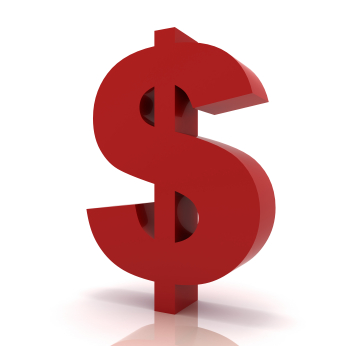Are Employees Gaming Your Incentive Program?
November 29, 2011People tend to do those things for which they are rewarded. To encourage employees to provide the customer service promised to our customers, employee incentive and recognition programs are put into place to reward employees who engage in desired behaviors or who achieve specific outcomes.Â
Desired behaviors can be measured by mystery shopping programs, manager reports, audits, customer feedback measures and performance reviews. Specific outcomes can be measured by sales amounts, referral numbers and the like.
No incentive program is perfect and, over time, sometimes employees figure out a way around the system to “earn†the incentive. In other words, sometimes employees “game the systemâ€.
Here are some common games we see. We hope they help you in planning to avoid them.
The Game: Trick the Technology
If an organization uses technology alone to measure key service metrics and reward performance with incentives, the system is usually an easy target for gaming the system.
The modify the order trick. A mystery shopper overheard a training conversation at the first of two drive through windows at a quick service restaurant. When the mystery shopper attempted to hand the employee payment, the mystery shopper heard the trainer saying “No, never just accept the payment. Always be sure to click on Modify Order then click Ok before you accept the customer’s payment. This will restart the timer on our transactions so our service times will look good.â€
The ring up single items as multiples trick. At a grocery store checkout, the cashier entered a fresh bagel purchase as
Using Mystery Shopping Results: Key Element of Employee Reviews
March 3, 2011Has your management team considered new ways to motivate employees during performance reviews? A recent article on best practices for employee performance reviews contains suggestions for delivering more rewarding employee reviews.
Prepared Employees: Ready to Explain Bank Fees
January 13, 2011Banks are thinking about imposing annual fees of $25 or $30 on debit cards, according to people familiar with bank strategies. Other banks will increase fees on checking accounts. For example, during 2011, Bank of America will offer four basic checking accounts in some states, instead of three. Three of the four will offer ways for customers to avoid fees, while the fourth, the Essentials account, has an unavoidable monthly fee between $6 and $9. Chase Bank will charge a $6 monthly fee on one of their checking accounts, however, customers can avoid the fee with a $500 or more monthly deposit to the account, or when they use their debit cards five times during the month.

 Has your management team considered new ways to motivate employees during performance reviews? A recent article on best practices for employee performance reviews contains suggestions for delivering more rewarding employee reviews.
Has your management team considered new ways to motivate employees during performance reviews? A recent article on best practices for employee performance reviews contains suggestions for delivering more rewarding employee reviews. Banks are thinking about
Banks are thinking about